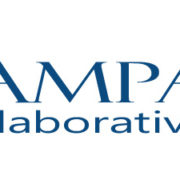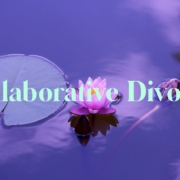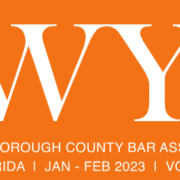As a family law attorney who specializes in Collaborative Divorce and Family Law, I can confirm what research shows: Collaborative Divorce tends to be successful.
What Is Collaborative Divorce?
Collaborative Divorce is a private, non-adversarial form of dispute resolution where you and your spouse retain separate, specially trained lawyers who focus solely on helping you reach agreements that work for your family. Oftentimes, you will have the help of a Neutral Collaborative Facilitator who specializes in family dynamics, childhood development, and communication to help keep the process moving forward. You will also usually retain a Neutral Financial Professional who brings efficiency to the process and can help give both of you the information and tools you need to feel comfortable with whatever agreement you reach.
If a Collaborative Divorce does not result in an agreement, or you or your spouse wish to discontinue the process, then it Terminates. This means that both attorneys and all professionals must withdraw from your matter (in other words, they are “Disqualified”), and you can move on with successor litigation lawyers, if you wish.
As I mentioned earlier, Collaborative Divorce tends to be successful, and it is relatively rare for the process to Terminate. A study by the International Academy of Collaborative Professionals (“IACP”) found that 86% of cases ended in a full agreement, with an additional 2% ending in reconciliation between the spouses. Research by the Florida Academy of Collaborative Professionals has found similar results. In my personal practice, 90+% of my Collaborative matters have ended in a full agreement between the spouses. Of course, we cannot guarantee that your Collaborative Divorce will be successful; however, chances are that it will be.
Who Is Disqualified if a Collaborative Divorce Terminates
There has been some questions in our local community as to who is Disqualified if a Collaborative Divorce Terminates. I recently wrote an article for The LAWYER Magazine, a publication of the Hillsborough County Bar Association, on the topic. You can find an excerpt below:
Read more →








